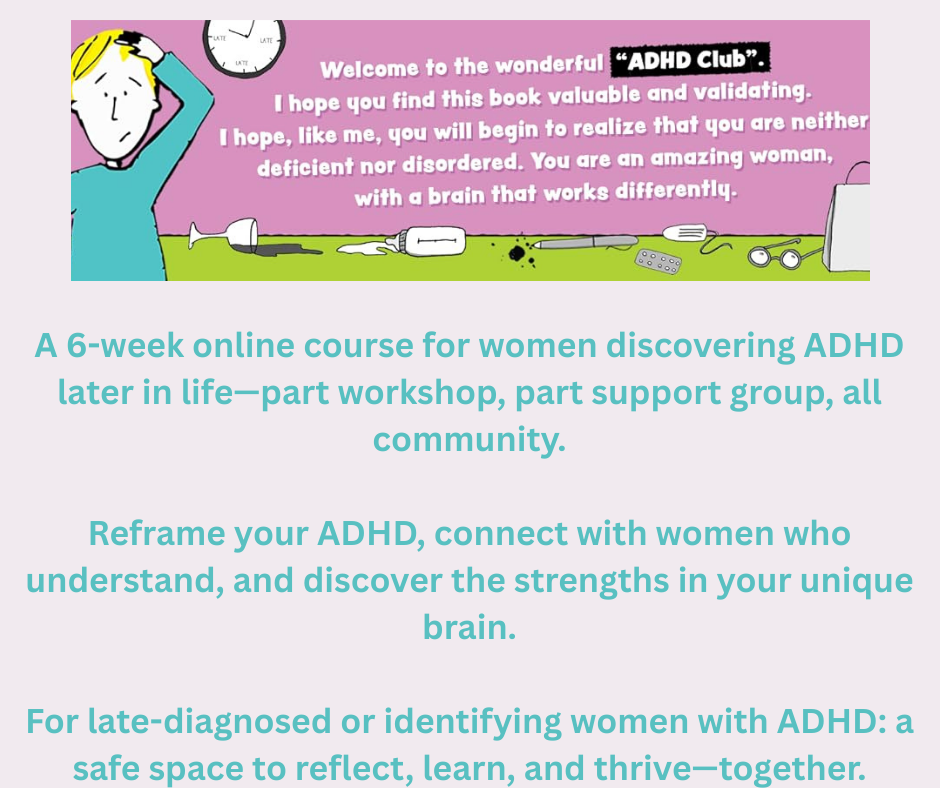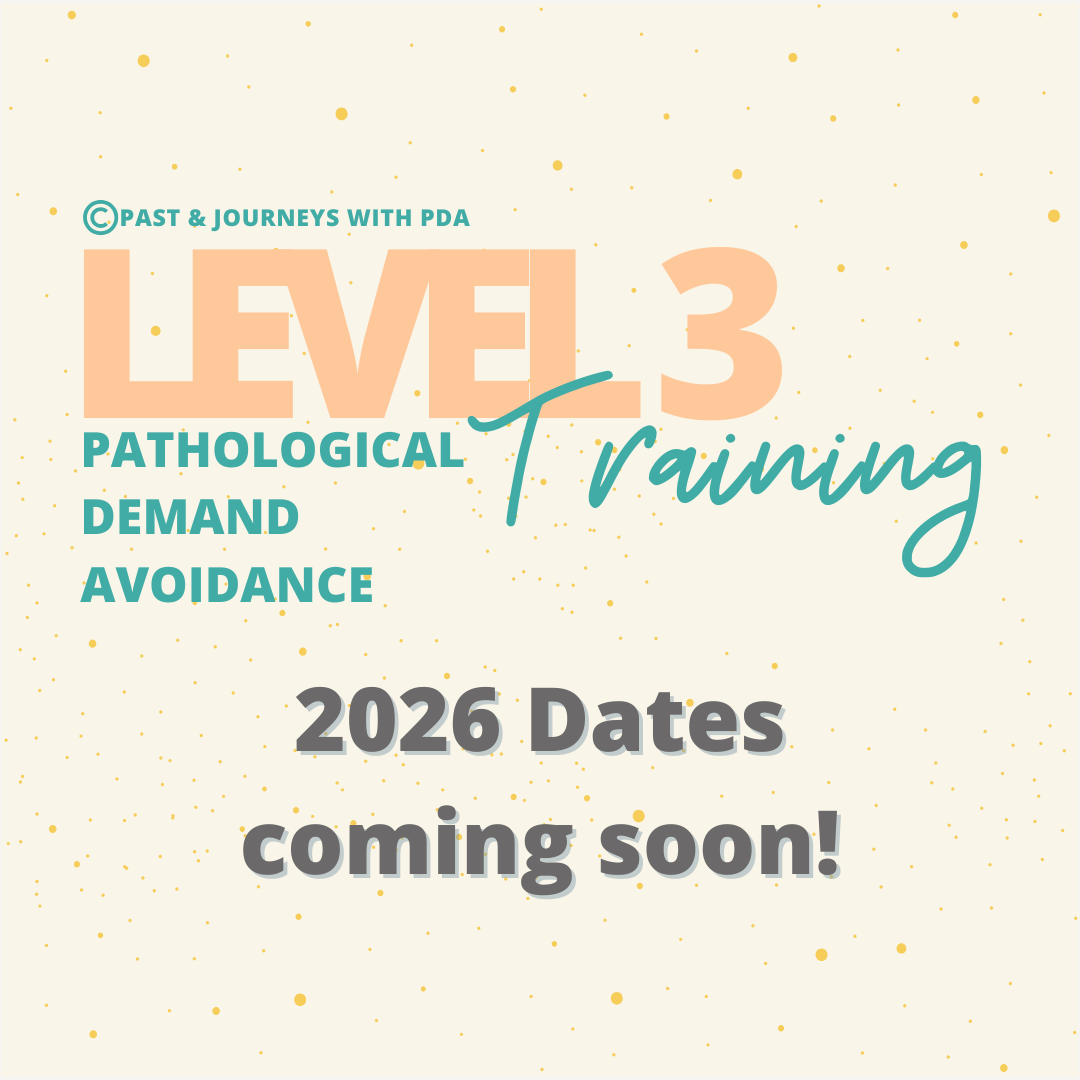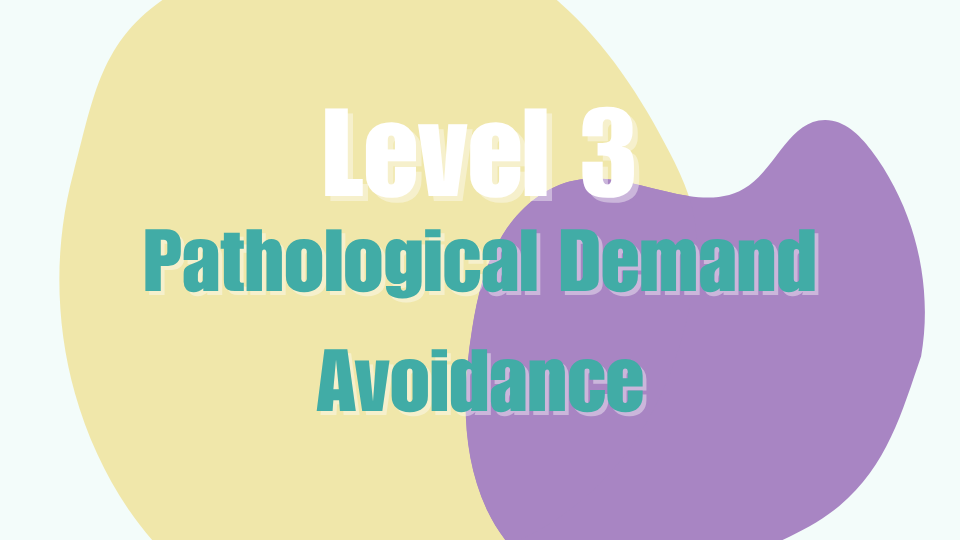Training, Education & Accredited Programmes
PAST is able to offer a wide range of high quality training to meet your setting's needs. We can offer bespoke packages which are tailored to your learners needs, offering full day, half day or twilight sessions. As well as training on autism and PDA we can also provide training on ADHD, and anxiety behaviour.
In addition to our bespoke package we also offer accredited training on Autism and PDA which can be offered in house or online.
PAST Online Training
At PAST we understand that not everyone is able to commit to pre-booked events, and that there are those who prefer to learn in their own way, in their own time. To support this we have a selection of self-directed online courses which can be done as you choose. Also with the option for accredited and non-accredited courses.
In Person and Professional Training
PAST offers a range of high quality training on a range of topics related to neurodiversity, including autism, PDA, ADHD and anxiety. We can tailor make our training to your settings individual needs and can offer a full day, half day or twilight session. We can deliver face to face training or online, accredited or non accredited, whatever suits your settings needs. All our training is up to date, neuro-affirmative and interactive.
Please contact us directly to discuss your learning needs.
ADHD Course for Women: Reframing, Healing, and Thriving
This six-week online course is based on Laura’s new book and is designed for women who were late-diagnosed or who are just beginning to recognize their ADHD. Blending workshop, support group, and community, it offers a safe, collaborative space to explore your lived experiences, share challenges, and discover strengths.
Each 90-minute session combines learning, reflection, and group discussion, giving you plenty of time to ask questions and connect with others who truly understand.
Week One: Looking Back – Childhood & Education
We’ll explore how undiagnosed ADHD shaped our early lives, from school experiences to self-perceptions. Together, we’ll reflect on the labels we carried, the impact of not being understood, and ways to begin healing from those years by reframing our stories with compassion.
Week Two: ADHD, Parenting & Hormones
This session focuses on how ADHD influences parenting—the challenges, the strengths, and the unique dynamics it creates. We’ll also discuss the complex relationship between ADHD and hormones across different life stages, and strategies for better self-support along the way.
Week Three: ADHD, Mental Health & RSD
ADHD often overlaps with mental health challenges, including Rejection Sensitivity Dysphoria (RSD) and imposter syndrome. We’ll explore how these show up in our lives, uncover tools to challenge negative self-talk, and practice reframing unhelpful thought patterns.
Week Four: Work, Friendships & Relationships
We’ll examine how ADHD affects careers, friendships, and intimate relationships. From advocating for workplace accommodations to supporting executive functioning and setting healthy boundaries, this session is about creating environments where you can thrive both professionally and personally.
Week Five: Impulsivity, Habits & Addiction
This week focuses on impulsive behaviours, risk-taking, and how ADHD can sometimes lead to unhealthy coping mechanisms, including hoarding and addiction. We’ll explore practical strategies to find balance, create order, and strengthen self-support systems.
Week Six: Reframing ADHD – From Disorder to Difference
In our final session, we’ll shift the lens from deficit to difference. Together, we’ll celebrate the strengths that come with ADHD and explore how it has shaped us not just despite, but often because of our unique brains. Extra time will be dedicated to questions, discussion, and reflection as we close the course.
By the end of this course, you’ll leave with not only knowledge and tools, but also a stronger sense of community, compassion for yourself, and a reframed perspective of what it means to live—and thrive—with ADHD.
Join us for Level 3 Pathological Demand Avoidance (PDA) Training online - dive deeper into understanding & supporting PDA!
Join us for Level 3 Pathological Demand Avoidance (PDA) Training online - dive deeper into understanding & supporting PDA!
To register for this LIVE training, please email: info@p-ast.co.uk
Payment via invoice.
Welcome to our online event where you can delve deeper into understanding PDA! This training is perfect for those looking to enhance their knowledge in supporting PDA individuals. Expand your understanding of Pathological Demand Avoidance (PDA) autism profile.
Open to parents, caregivers, professionals & educators
No prerequisite or previous training required
Optional accreditation through OCN London
All sessions are recorded & available for later viewing
PDA Level 3 Training
Learn At Your Own Pace!
NOW available on Teachable!
Supporting Children, Teenagers and Young People with Pathological Demand Avoidance (PDA)- Level 3
Written by Laura Kerbey and Heather Jessup & Kerissa Lyman, Journeys With PDA.
No prerequisite or previous training required. Open to parents, caregivers, professionals & educators. Accreditation through OCN London.
Learning Outcomes for this training include:
Understand the meaning of Pathological Demand Avoidance (PDA).
Understand the impact PDA has on a child, teenager or young adult.
Understand the most effective ways to support children, teenagers and young adults with PDA when their behaviour becomes challenging for those supporting them.
Understand how to reduce the impact that PDA has on learning.
Know how to support individuals with PDA with transitions
For accredited training a workbook will need to be completed & submitted AFTER the training.
What are people saying about our training?
"I watched and listened to everything in the Easter holidays. It made a massive impact on my practice and really supported me in developing a positive relationship with one of our students."
Newton Prep
“Laura’s INSET on ASD, ADHD and PDA was incredibly insightful and most certainly a valuable lesson for all teaching staff at Newton Prep. Laura provided a wealth of clear and concise information relating to ASD, ADHD and PDA and drew upon the many parallels between each one, suggesting useful strategies for effectively supporting pupils with a neurodivergent profile in school.”
“Laura's online webinar for our staff team in BC, Canada was warmly received! We have never had such positive feedback from an online workshop!
We resonated with her deep respect, curiosity and fun-loving approach to supporting PDAers and their families. The slide deck was clear and her stories and examples honoured the lived experience of PDAers. Special thanks to Eliza (who was there with us through her illustrations) and to Sian for all of the set up support. Highly recommended!”
“We were absolutely delighted with Laura’s presentation on Understanding PDA. All of the attendees found the session so useful. Laura is a gifted presenter and trainer and her passion for this subject is obvious. The session was engaging, with Laura sharing so much of her knowledge and personal experience, balanced with strategies on how we can help our children with Pathological Demand Avoidance.”
— Kate Laine-Toner | Founding Director, Bristol Autism Support





